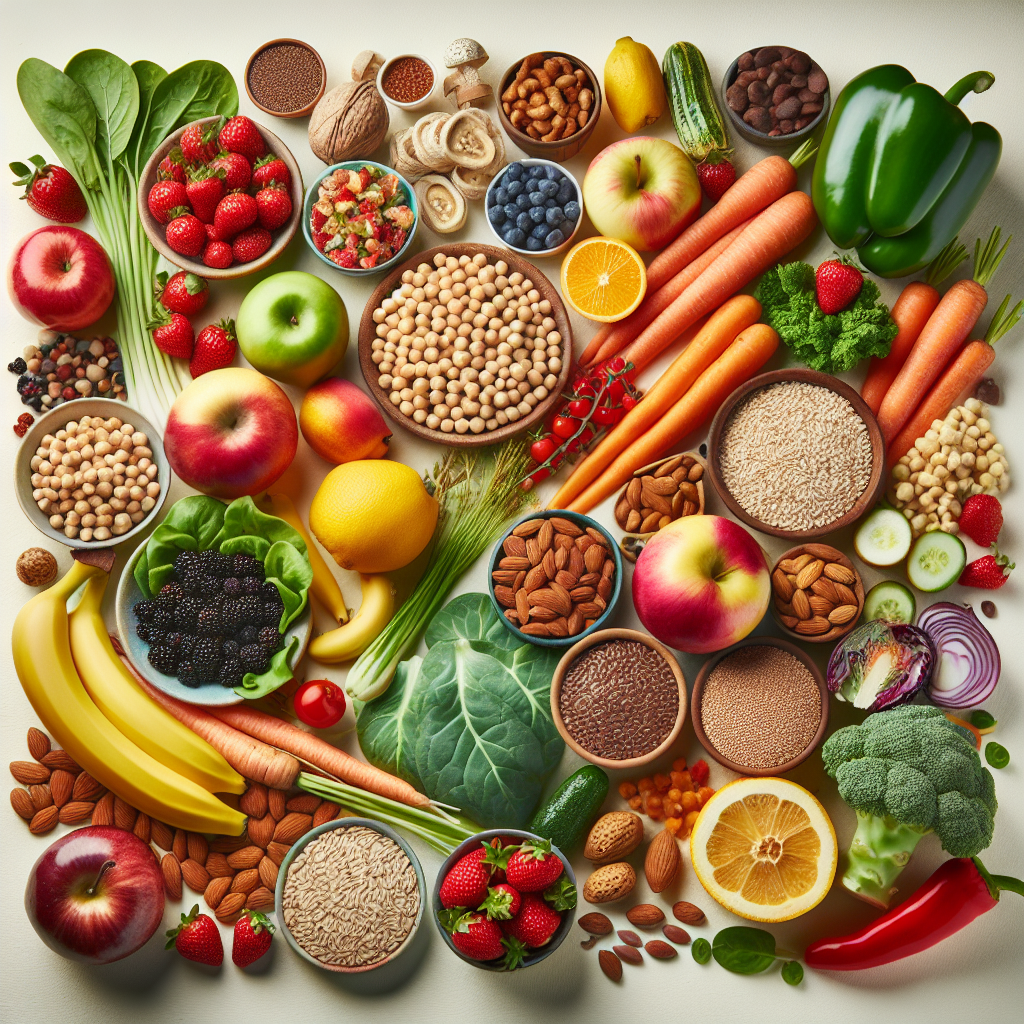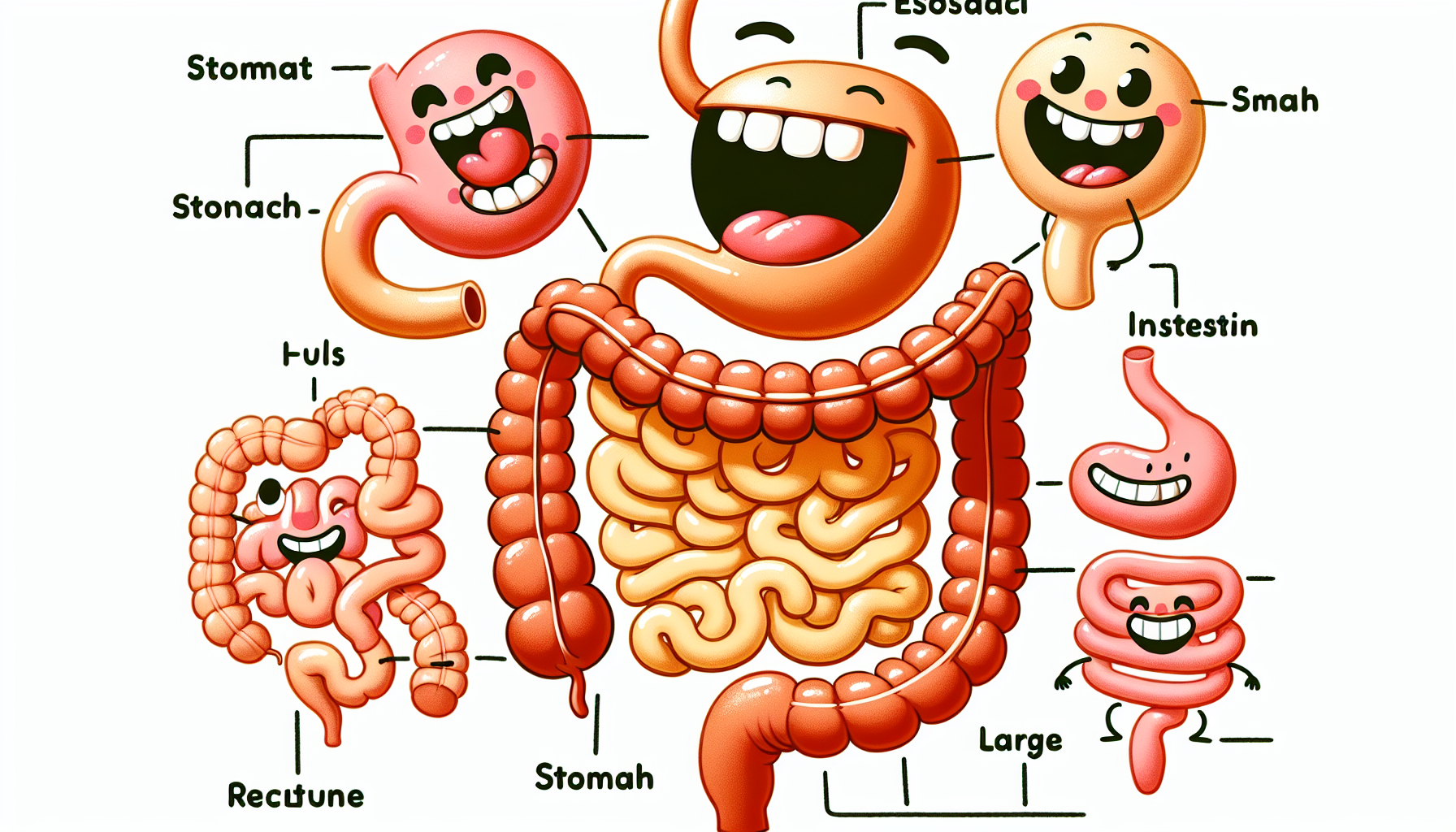In recent years, a growing body of research has highlighted the significant impact of diet on gastrointestinal health. Among the various dietary approaches, plant-based diets have emerged as a particularly effective method for preventing and managing a range of gastrointestinal disorders. This comprehensive article explores the intricate relationship between plant-based nutrition and digestive health, offering insights into how such diets can alleviate symptoms and promote a well-functioning gut.
Understanding Gastrointestinal Disorders
Gastrointestinal disorders encompass a wide range of conditions affecting the digestive tract, which includes the mouth, esophagus, stomach, intestines, and accessory organs of digestion. Common disorders include irritable bowel syndrome (IBS), inflammatory bowel disease (IBD), gastroesophageal reflux disease (GERD), and various forms of malabsorption. These conditions can drastically reduce the quality of life due to symptoms like pain, bloating, constipation, diarrhea, and nutritional deficiencies.
The link between diet and digestive health is undeniable. For instance, the consumption of highly processed foods, excessive animal products, and low fiber intake are associated with an increased risk of developing digestive issues. In contrast, plant-based diets, which are rich in fiber, antioxidants, and other phytonutrients, have shown promise in both prevention and management of these disorders.
Plant-Based Diets and Digestive Health
Plant-based diets are characterized by a high intake of fruits, vegetables, legumes, grains, nuts, and seeds, with minimal or no animal products. The benefits of such diets for digestive health are multifaceted:
High Fiber Content
Dietary fiber plays a crucial role in digestive health by adding bulk to the stool, which aids in regular bowel movements and prevents constipation. Fiber also feeds the beneficial bacteria in the gut, which is essential for maintaining a healthy gut microbiome. A study on the effects of dietary fiber on intestinal barrier function provides valuable insights into its protective role.
Antioxidant-Rich
Antioxidants found in plant foods help reduce oxidative stress and inflammation in the gut. The role of antioxidants in gut mucosal health is well-documented, suggesting that these compounds can help protect and repair the lining of the digestive tract.
Alkaline Nature
Plant-based diets tend to be more alkaline than diets high in animal products, which can help reduce the acidity in the stomach and thereby alleviate symptoms of GERD and other acid-related conditions. The impact of diet on stomach acid and pathogen protection is an interesting read for those looking to understand this mechanism better.
Modulation of Gut Microbiota
A diverse and balanced gut microbiota is essential for good digestive health. Plant-based diets support this by providing a variety of prebiotics, which are nutrients that promote the growth of beneficial gut bacteria. For more on this topic, explore the benefits of probiotic and prebiotic combination therapies.
Practical Application of Plant-Based Diets for Gastrointestinal Disorders
Adopting a plant-based diet can be a transformative step towards managing gastrointestinal issues. Here are some practical tips to get started:
Gradual Transition
For those new to plant-based eating, it’s important to make dietary changes gradually. A sudden increase in fiber intake can lead to bloating and discomfort. Start by incorporating more fruits and vegetables into meals and progressively reduce animal products.
Variety is Key
Consume a wide range of plant foods to ensure an adequate intake of all essential nutrients. This variety also encourages a diverse gut microbiota, which is crucial for digestive health. Learn about improving gut health with fermented vegetables for an added probiotic boost.
Focus on Whole Foods
Prioritize whole, unprocessed plant foods as they are richer in nutrients and fiber compared to their processed counterparts. This approach can also help in addressing malabsorption issues for optimal health.
Hydration Matters
Adequate water intake is essential when following a high-fiber diet to prevent constipation and maintain healthy digestion. Aim for at least 8 glasses of water per day, or more depending on individual needs.
Listen to Your Body
Individual tolerance to different plant foods can vary, especially for those with IBS or food intolerances. Keeping a food diary and working with a healthcare professional can help identify and eliminate trigger foods.
The Broader Health Implications
While the focus here is on gastrointestinal health, it’s worth noting that plant-based diets also offer benefits for other aspects of health, such as cardiovascular health, weight management, and chronic disease prevention. This further reinforces the value of considering a plant-based diet as part of a holistic approach to well-being.
External Resources for Further Reading
For those seeking to deepen their understanding of the relationship between plant-based diets and gastrointestinal health, the following resources provide valuable information:
- Gastroenterology research on plant-based diets and gut health.
- Nutrition Reviews article on plant-based diets and colon cancer prevention.
- Clinical Gastroenterology and Hepatology study on dietary patterns and IBD.
Conclusion
The evidence supporting the role of plant-based diets in managing gastrointestinal disorders continues to grow. With their high fiber content, abundance of antioxidants, and ability to foster a healthy gut microbiome, these diets offer a promising approach to alleviate digestive issues and enhance overall health. By incorporating more plant-based foods into your diet and making informed choices, you can take a proactive step toward improving your gastrointestinal health.
Remember, it’s always advisable to consult with a healthcare provider before making significant changes to your diet, particularly if you have existing health conditions or concerns. With the right guidance and a commitment to nourishment from plant-based sources, achieving a happier and healthier gut is within reach.



